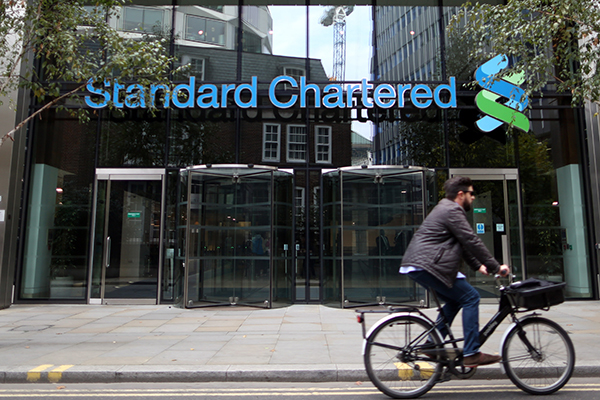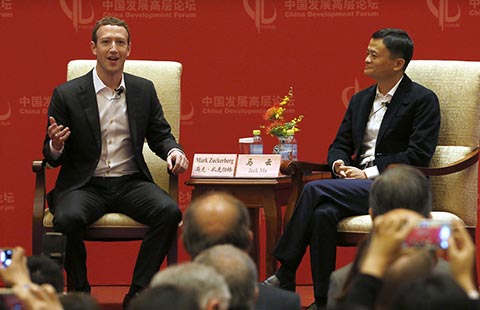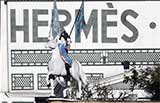Standard Chartered banking on China's prospects for own turnaround
(Xinhua) Updated: 2016-03-21 13:30
 |
|
A cyclist passes the headquarters of Standard Chartered Plc in London, Nov 3, 2015. [Photo/VCG] |
BEIJING - Standard Chartered has realigned its business to gain from China's continued opening up in trade and capital markets, the lender's chief executive has said, shrugging off concern over China's slower growth and currency volatility.
Bill Winters, who was in Beijing over the weekend for the China Development Forum and the bank's own board meeting, thinks China's ongoing reform to open its capital account to global investors and the increasing global use of its renminbi currency give full play to the strength of the emerging market-focused lender.
"The nature of China's growth here should suit us very well," Winters said in an interview with Xinhua.
China has been a silver lining for Standard Chartered, which reported its first loss since 1989 amid rising bad loans, tumbling commodities prices and weakening currencies across emerging markets. The greater China region, including the Chinese mainland, Hong Kong and Taiwan, is the lender's single largest market, accounting for 33 percent of its total operating income, but it was less impacted by rising bad debts.
"Our assets quality in China is okay," Winters said. Though Standard Chartered extended credit to commodities-related companies in China as it did elsewhere, the risk is manageable, he believes.
Loan impairment in the Chinese mainland stands at $249 million in 2015, compared with four billion the bank has made overall and much less than impairments made in other emerging economies in which it operates.
While the $1.5 billion loss the bank announced amid a massive restructuring has surprised investors, it also underscores the length Winters is willing to go to fix problems fast so he can start over on a more liquid and better capitalized basis.
Winters said he thinks resolving challenged borrowers sooner rather than later is better than kicking the can down the road only to suffer prolonged pain.
Whereas Standard Chartered has slimmed down in other markets, it is seeking to reassert itself in China. "Everything we are investing in, in one way or another, relates to our business in China," Winters said.
He said the bank is "not looking to further tighten underwriting standards in China," and rather wants to diversify its client base into China's "new economy," -- companies making goods and delivering services for the country's swelling middle class. Many of them are far healthier financially than their industrial peers in the economic slowdown.
Standard Chartered has also billed itself as a foreign bank that actively endorses Chinese authorities' reform to open capital accounts. It was one of the first foreign banks to participate in the payment system launched in October to facilitate cross-border yuan transactions.
- Standard Chartered to cut 15,000 jobs, raise £3.3 billion
- UK must embrace China's Belt and Road Initiative, Standard Chartered chairman says
- Workforce education high on agenda to safeguard 'transformation'
- Stock market investors' risk appetite to grow
- Relentless buyer of Western brands has his sight firmly set
- Finance minister rules out separate carbon tax
- Private brands contribute half of China's total brand value
- Bosch connects into evolving user demand
- Tech moguls predict further advances in AI
- Regulator says China can maintain financial stability
- Depreciation of yuan not long-term issue
- Zhou: Forex drop 'natural after explosive growth'
- Practice makes perfect to prepare for Boao forum
















